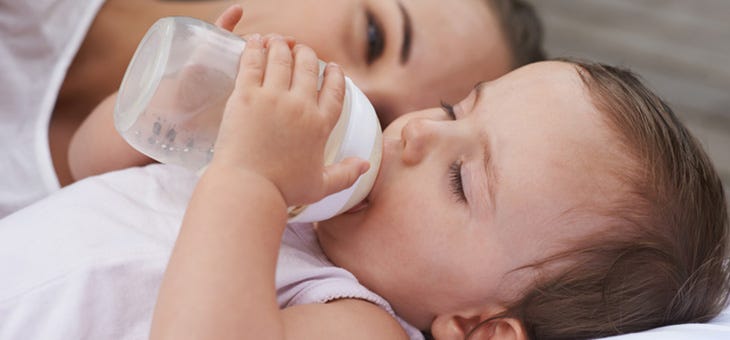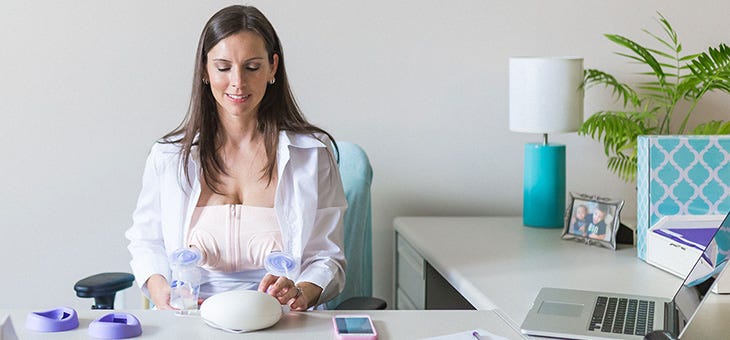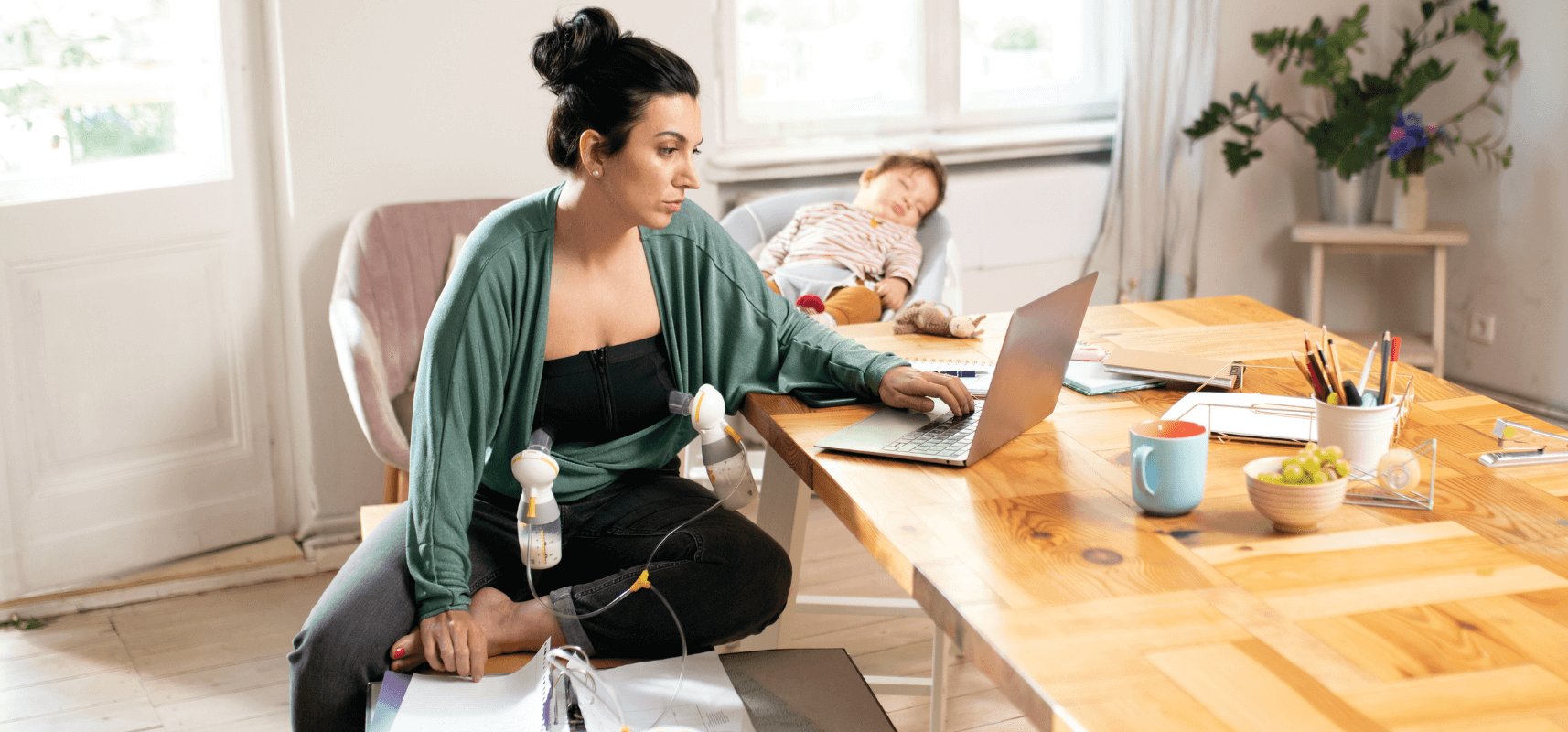There are many reasons that mommies choose to breastfeed. Breastfeeding is linked to a lower risk of SIDS and less chance of developing diseases such as diabetes and Crohn’s disease. Babies who are breastfed are also known to have fewer ear infections and are less inclined to face childhood obesity. The pros of breastfeeding are truly endless, and it’s no wonder so many moms around the world choose to breastfeed.
What is a milk bank?
Milk banks are designed to provide babies with human milk that otherwise wouldn’t be able to get it from their own mother. Many of these babies were born prematurely, in the NICU, have an intolerance to formula, or they are otherwise healthy but can’t gain weight properly. Maybe you are the mother of a preemie or you are getting ready to adopt the child you always wanted but couldn’t naturally conceive. Perhaps you are a single father raising your little one on your own. Or maybe you are 2 months into your breastfeeding journey and your supply has dwindled right before you need to head back to work. There are also several instances where mothers are too sick to nurse or on certain medicines that would be hazardous to baby if breastfed. Whatever the case, you want to be able to give your baby all of the nutritional aspects of breast milk but can’t. What do you do? That is where milk banks come in.
The milk is donated by charitable mothers who understand the importance of breast milk and all its nutritional properties have to offer. These mothers have an oversupply of milk and have no use for it themselves. They may have an oversupply of milk because their own child has an allergy to their milk or they’re simply making too much for their needs.
Safe, sanitary, healthy milk for babies in need
There are locations all over the country and all have procedures they follow for properly storing and pasteurizing the milk so it can be provided to babies in need. In fact, many milk banks use the Holder Method of Pasteurization to ensure the milk is sanitary for consumption. While the method safely clears bacteria from the milk, it also preserves most of the nutrients. Before the milk is dispensed, samples are tested for bacterial growth in a lab to ensure it is safe.
Most babies that need the milk are required to have a doctor’s prescription to get it. The banks charge a couple of dollars per ounce and sometimes your health insurance will help pay for it. However, the gracious mothers who donate are not compensated for giving their own precious milk.
Gift of life
Milk banks offer a precious gift for mamas and babies in need. For some, breast milk is truly the gift of life. Many babies that are born early run high risks of deadly infections if not given breast milk. If you want to learn more about donating milk or how you can get donated milk, the Human Milk Banking Association of North America is a great resource to guide you through the milk donation process.
Information provided in blogs should not be used as a substitute for medical care or consultation.









